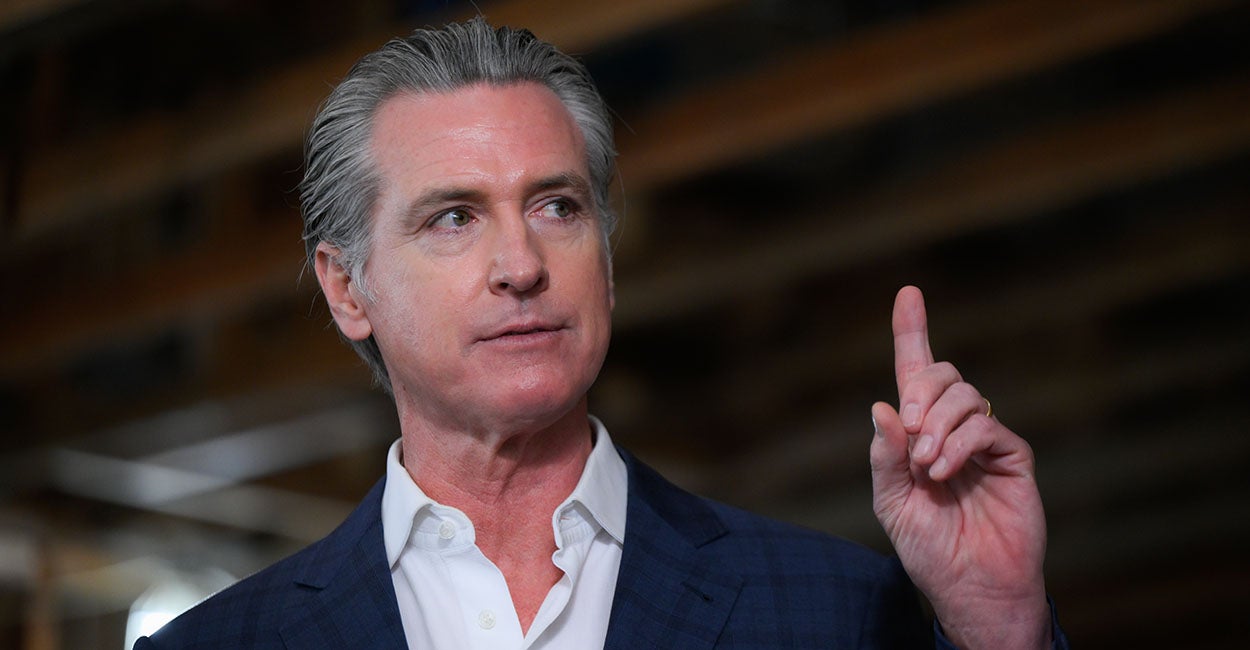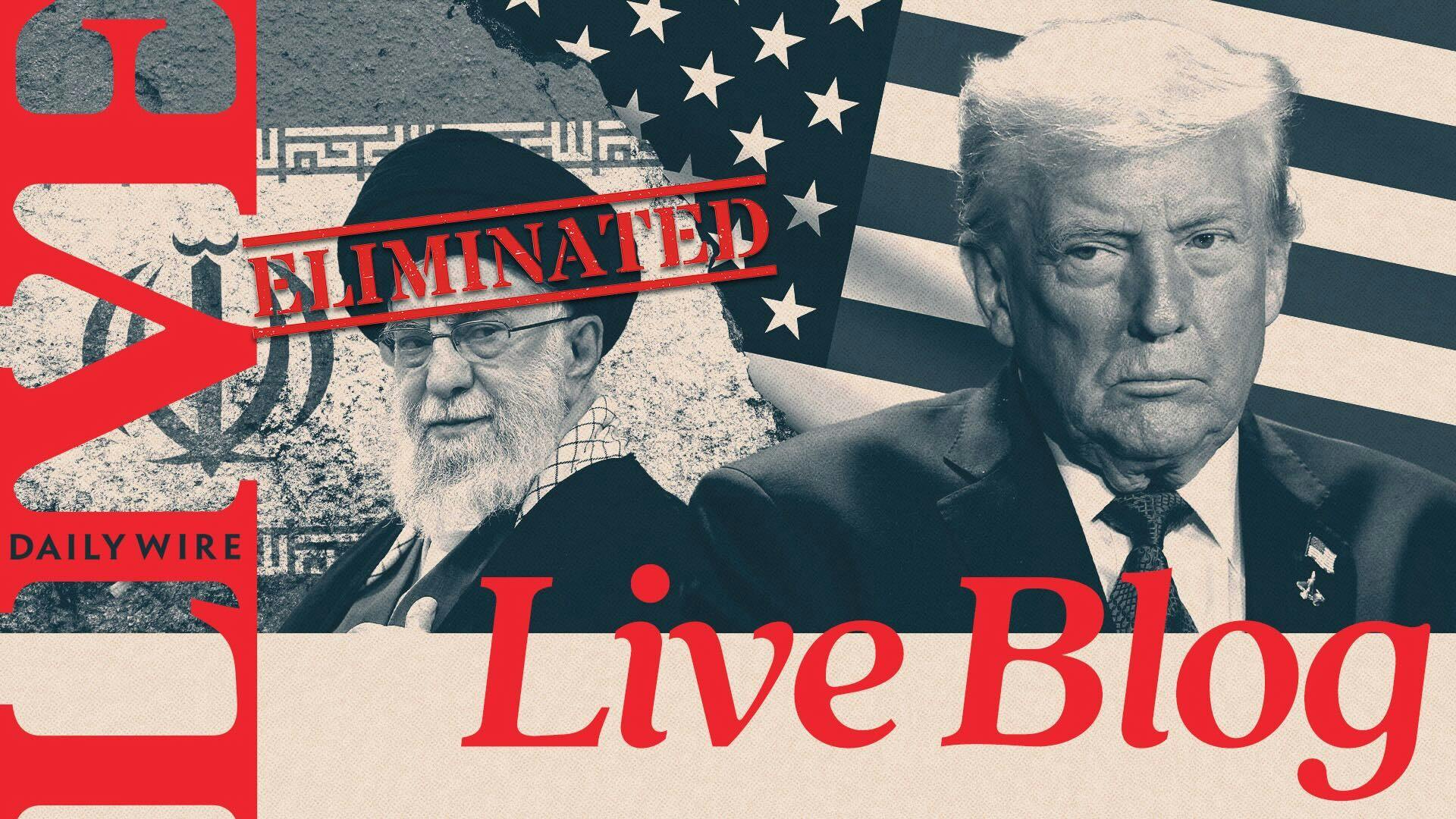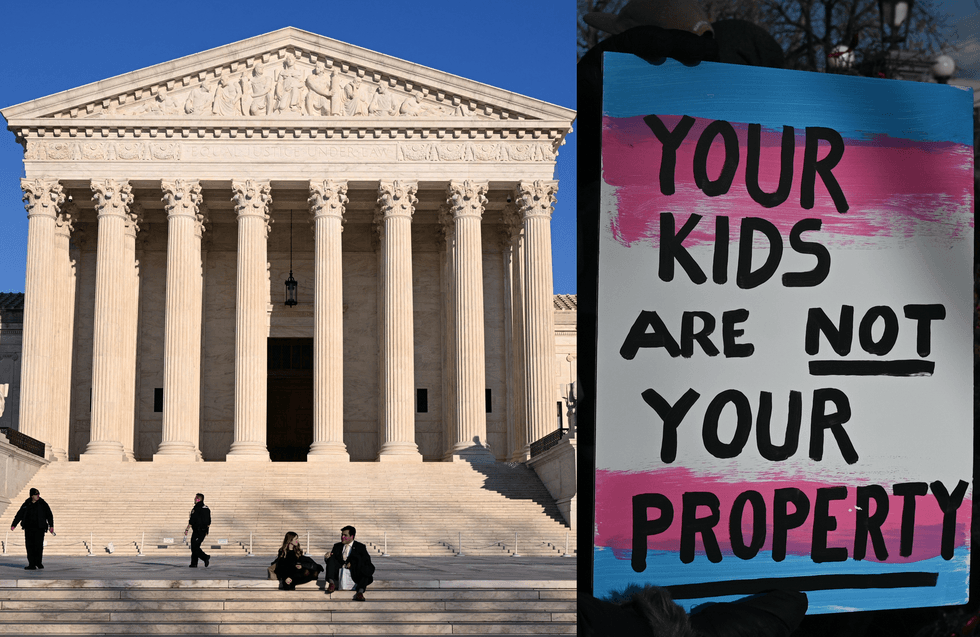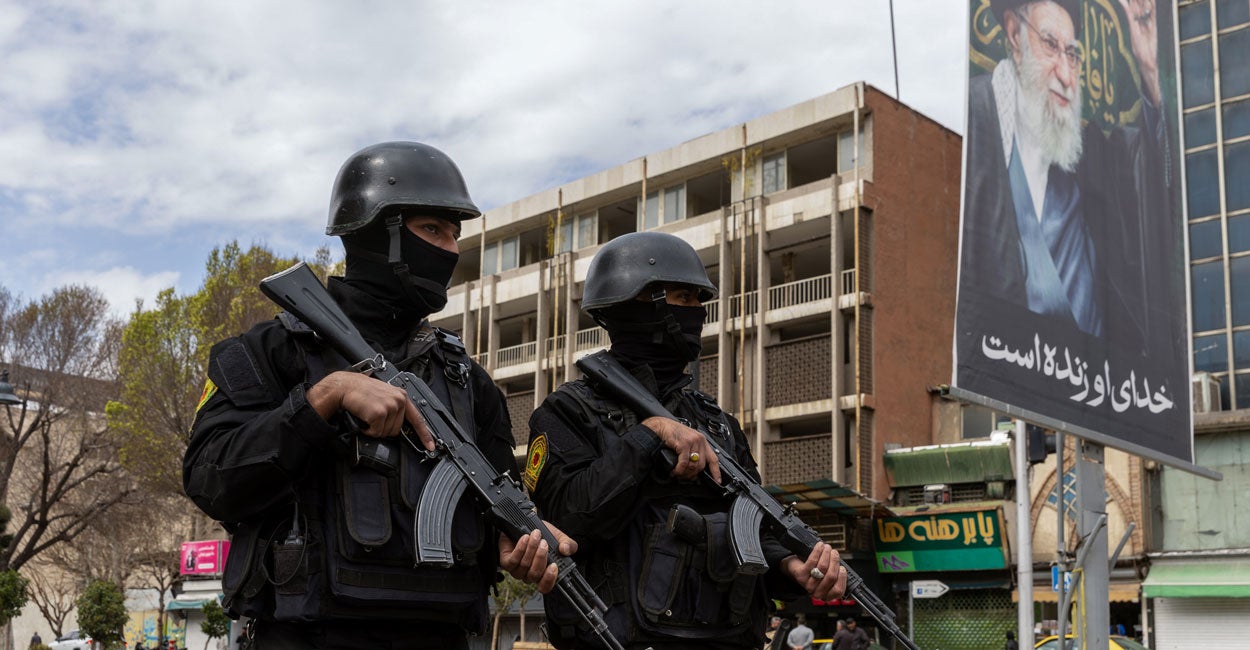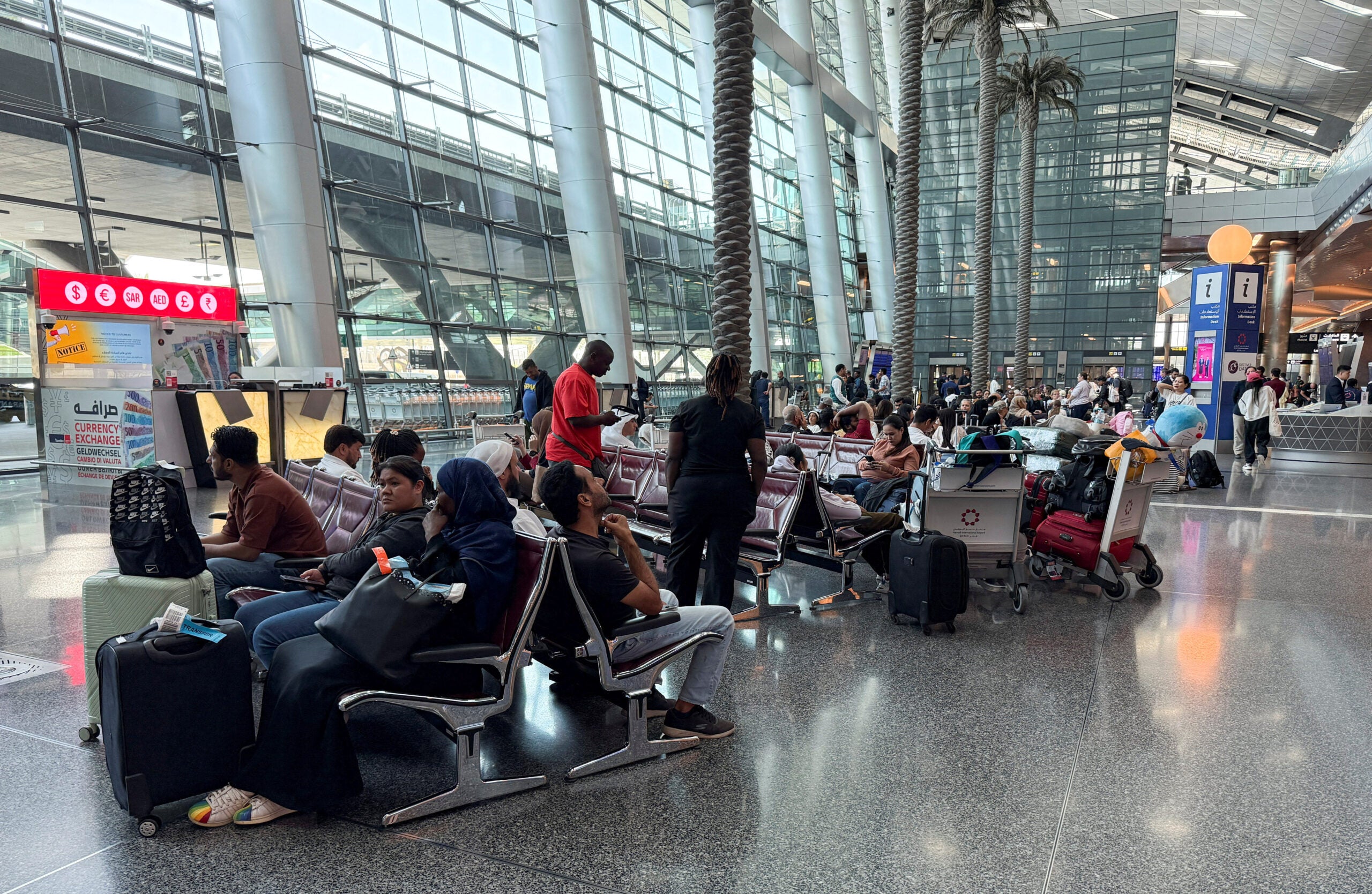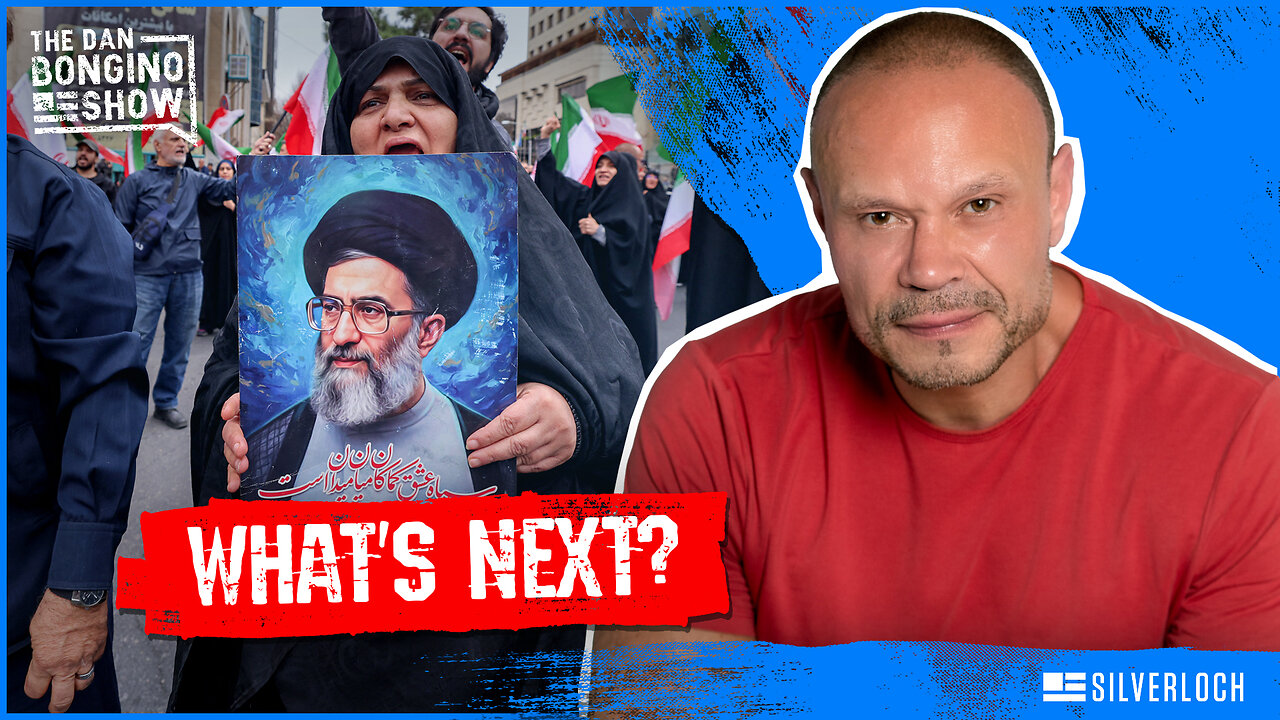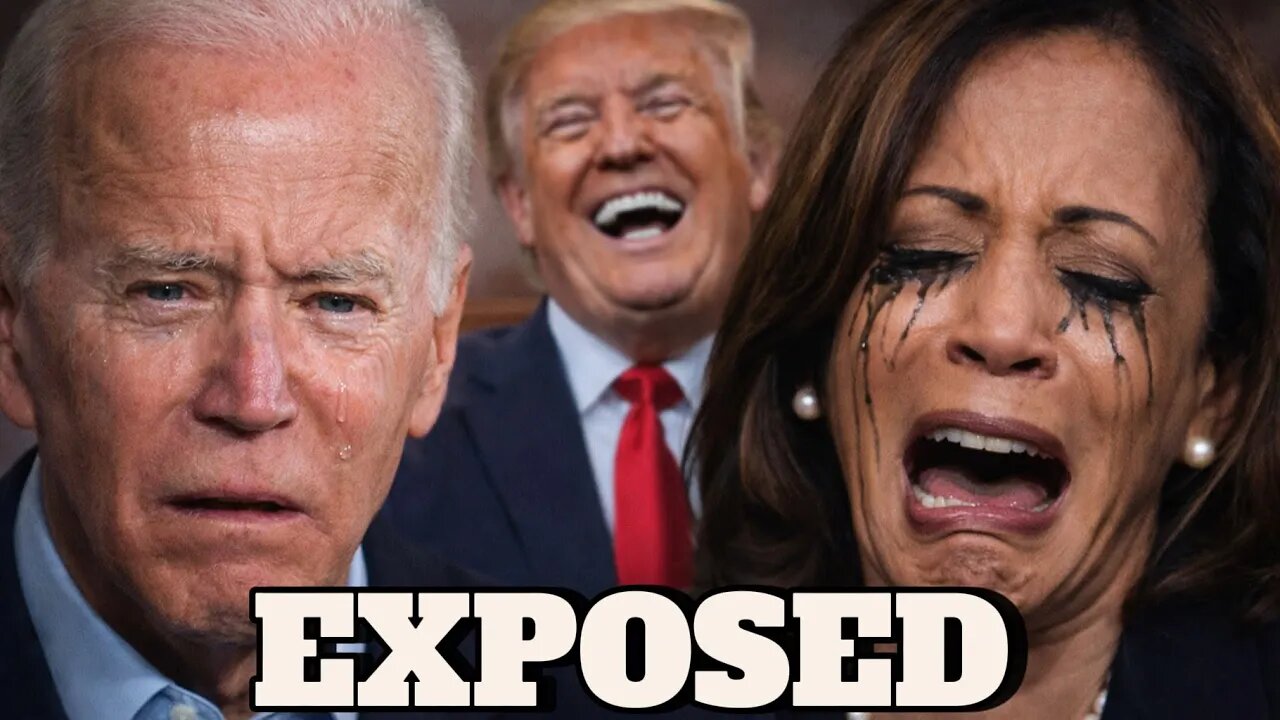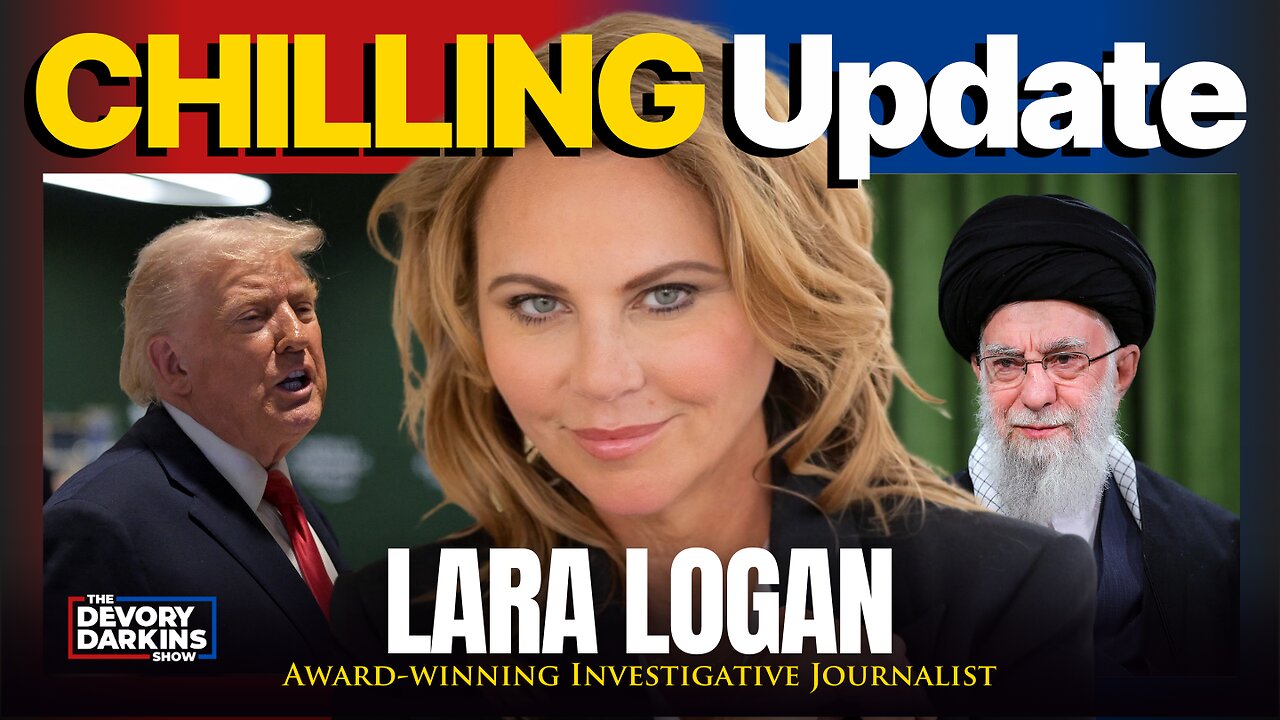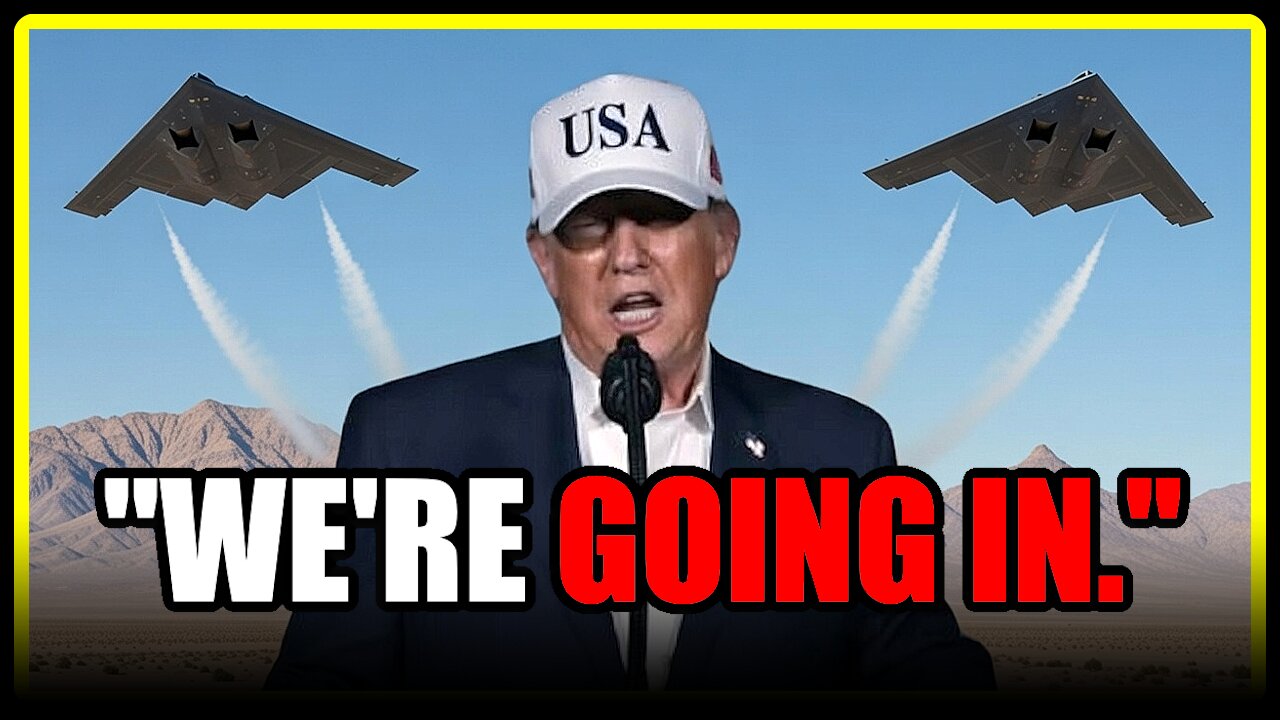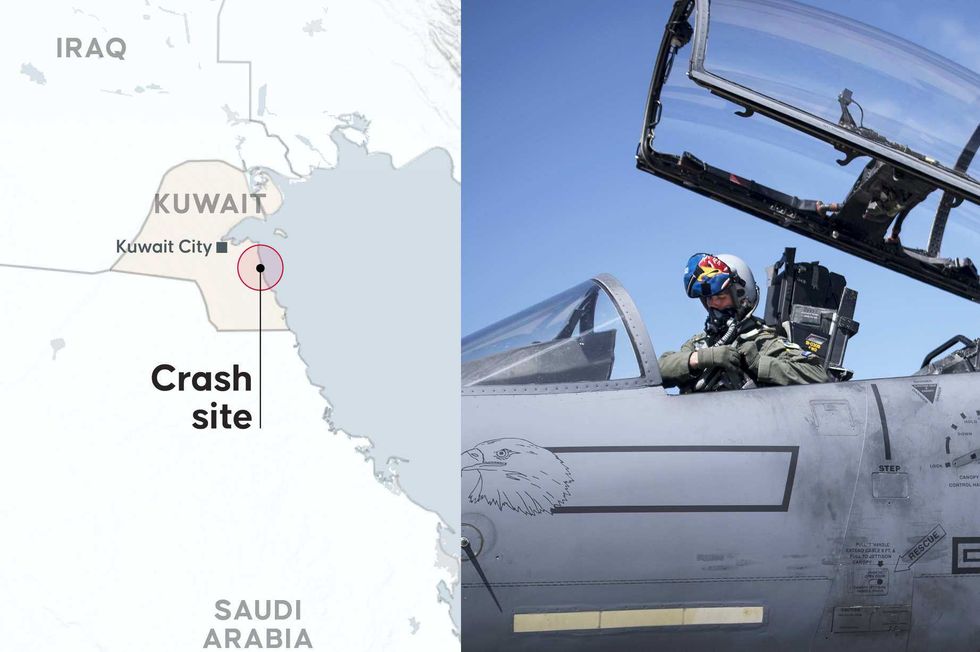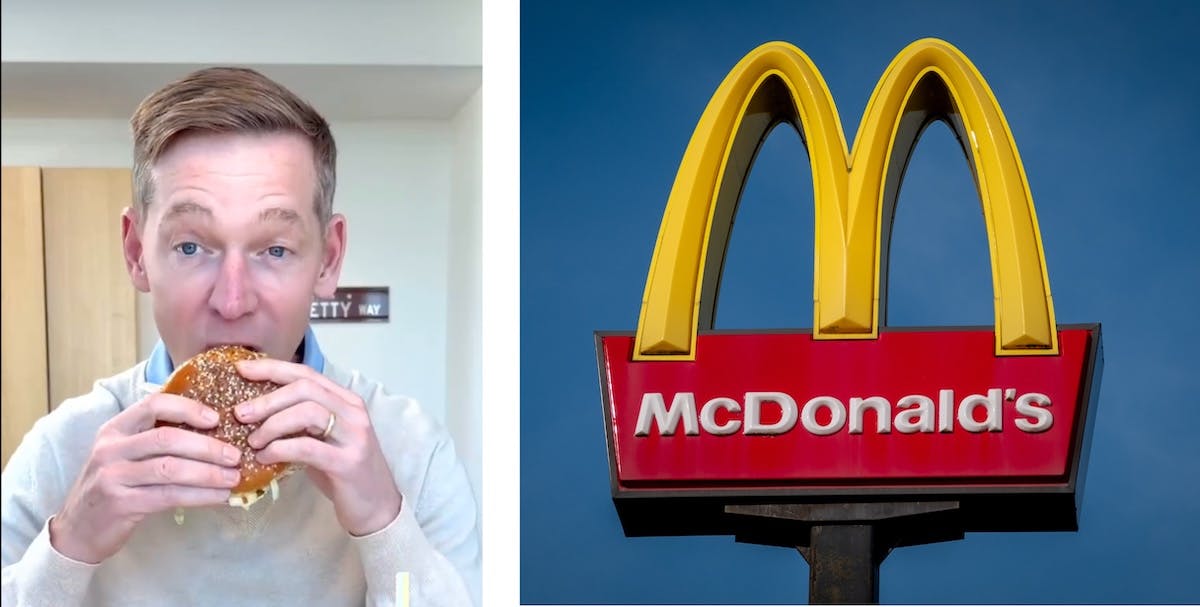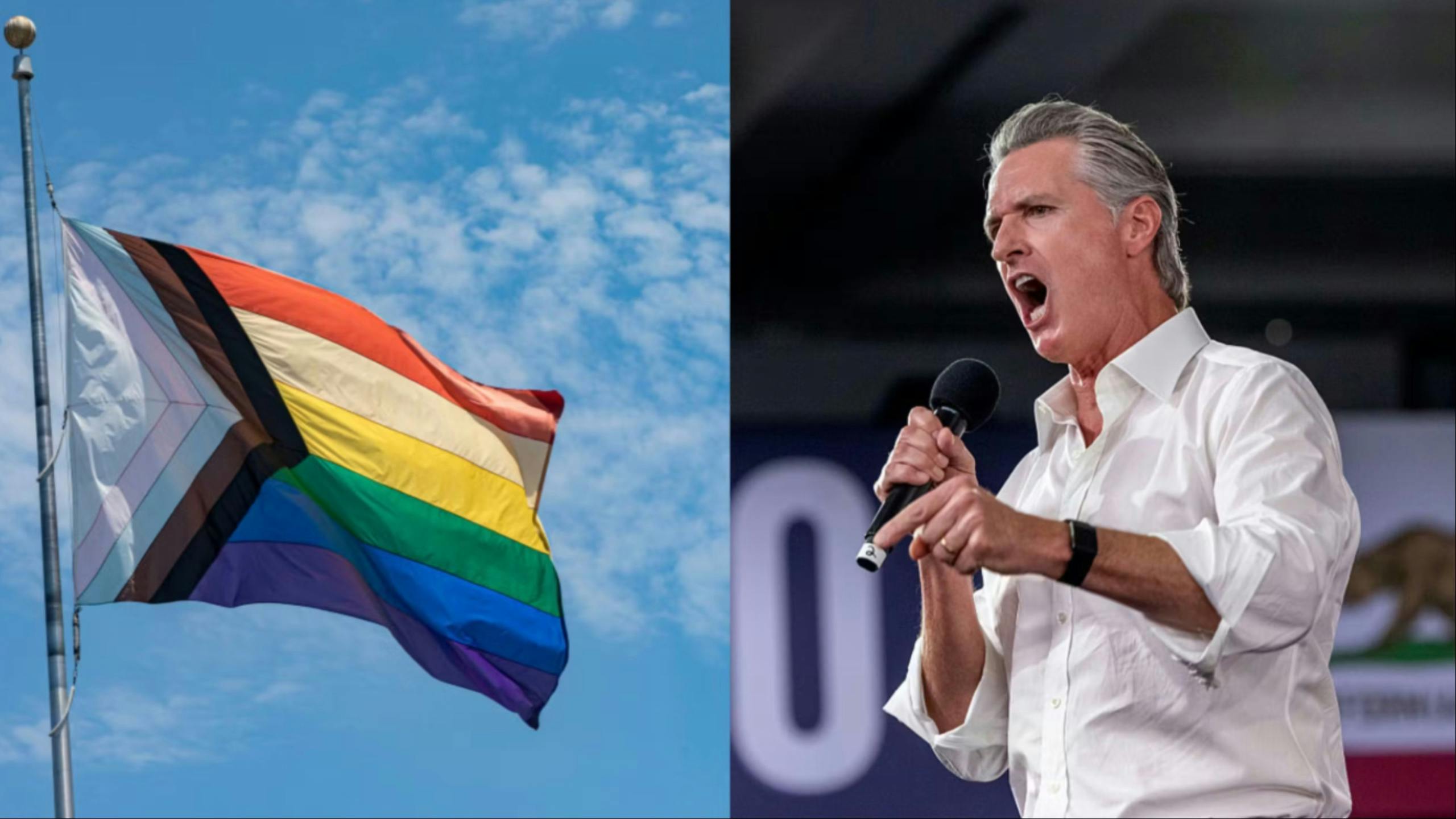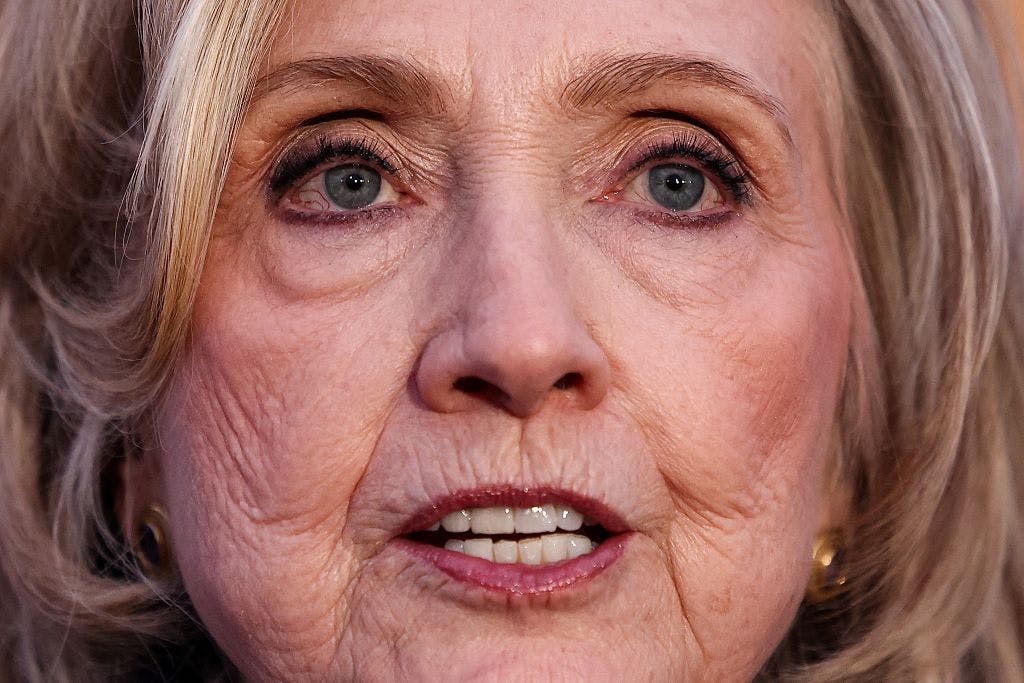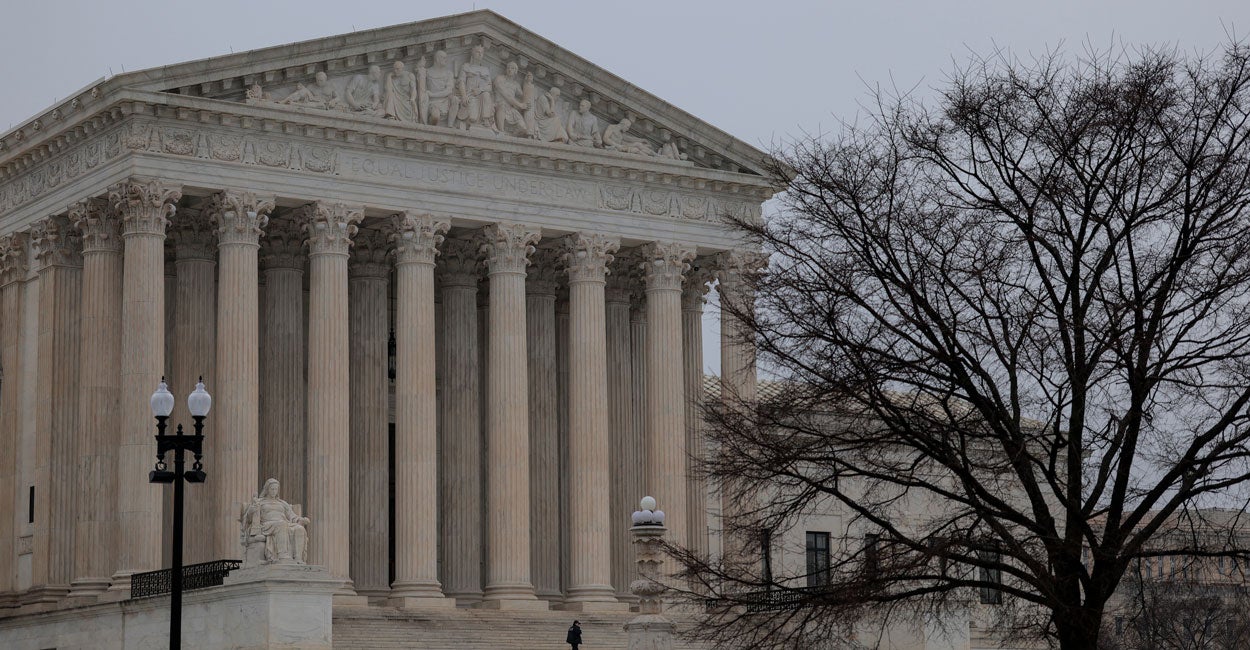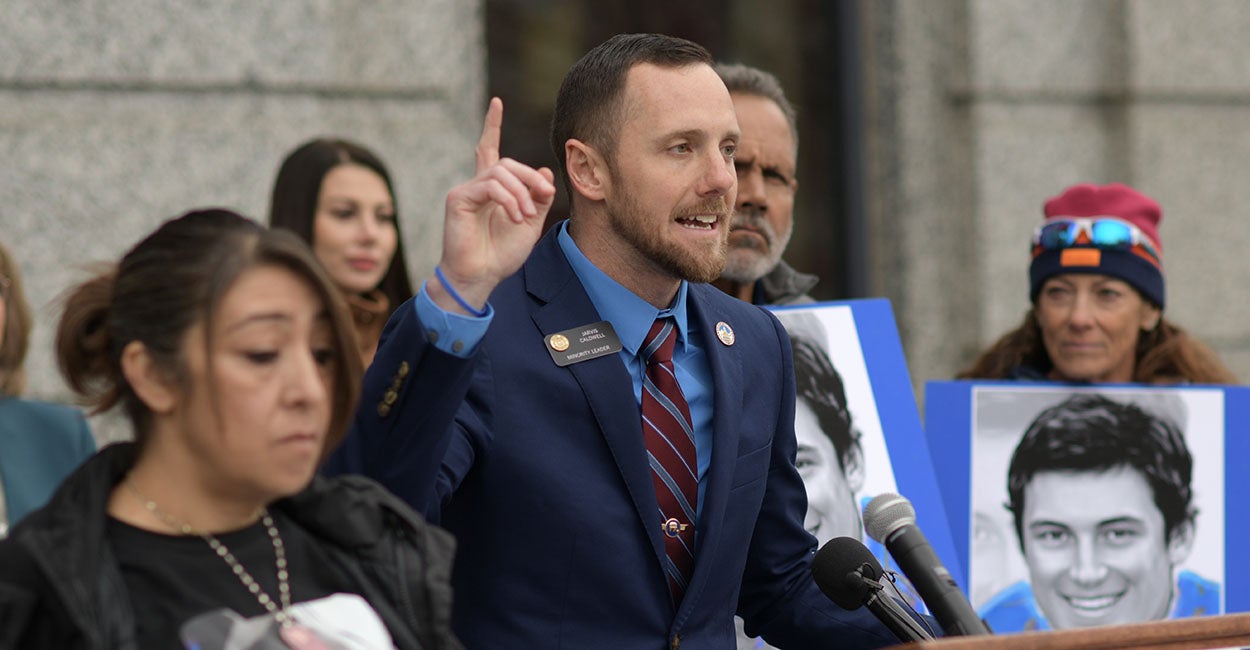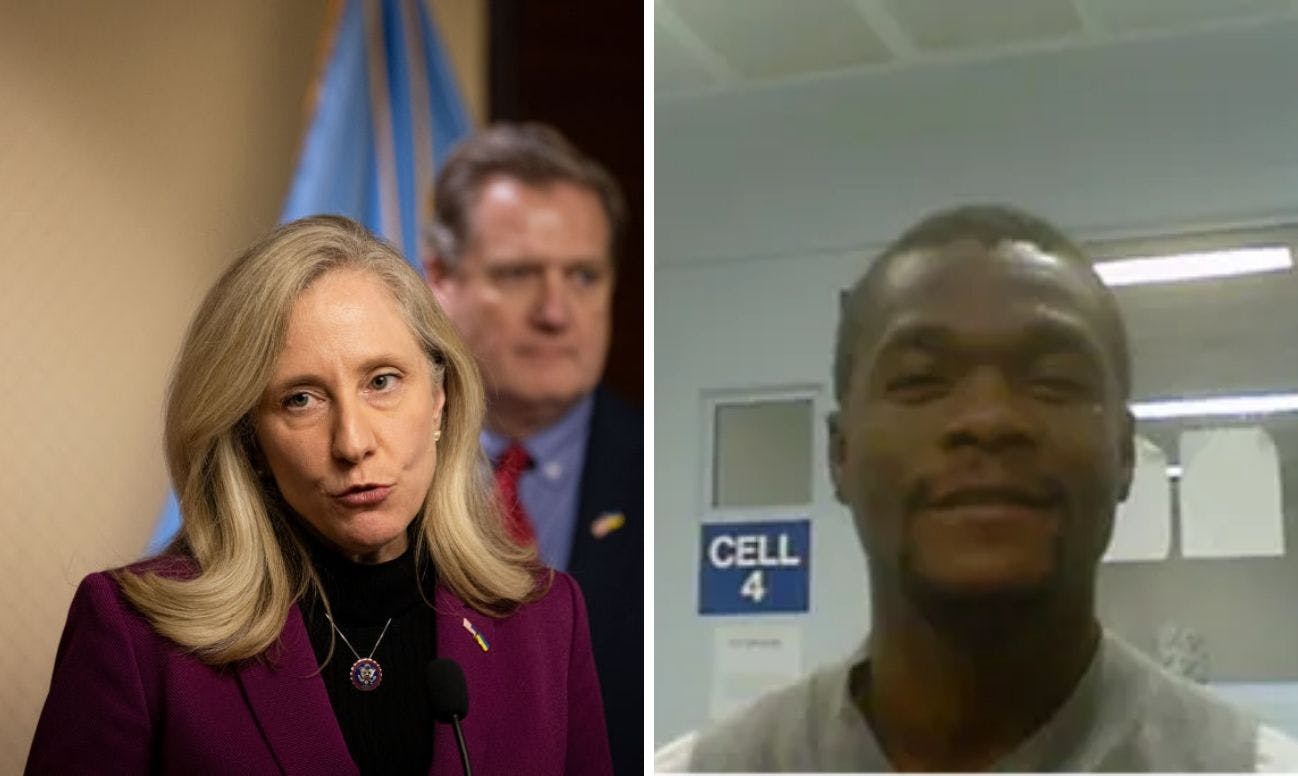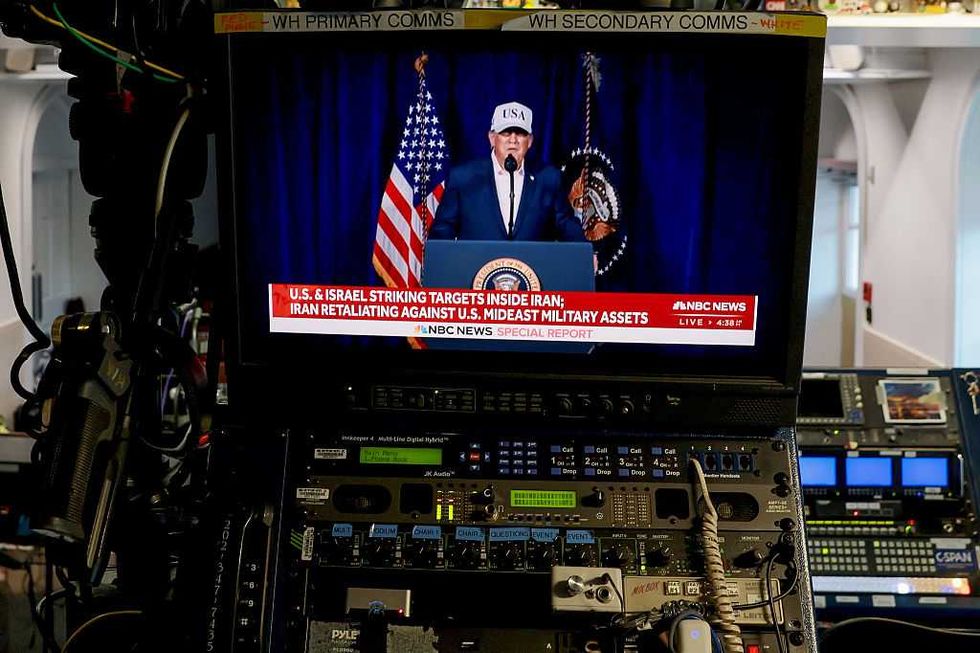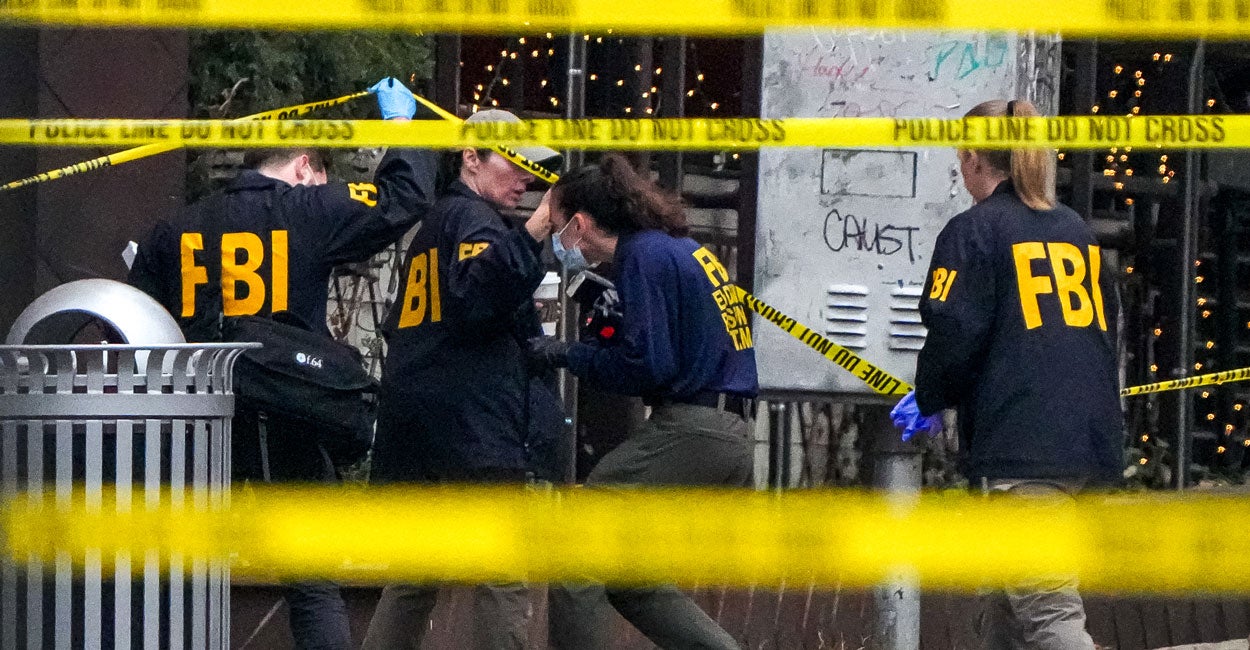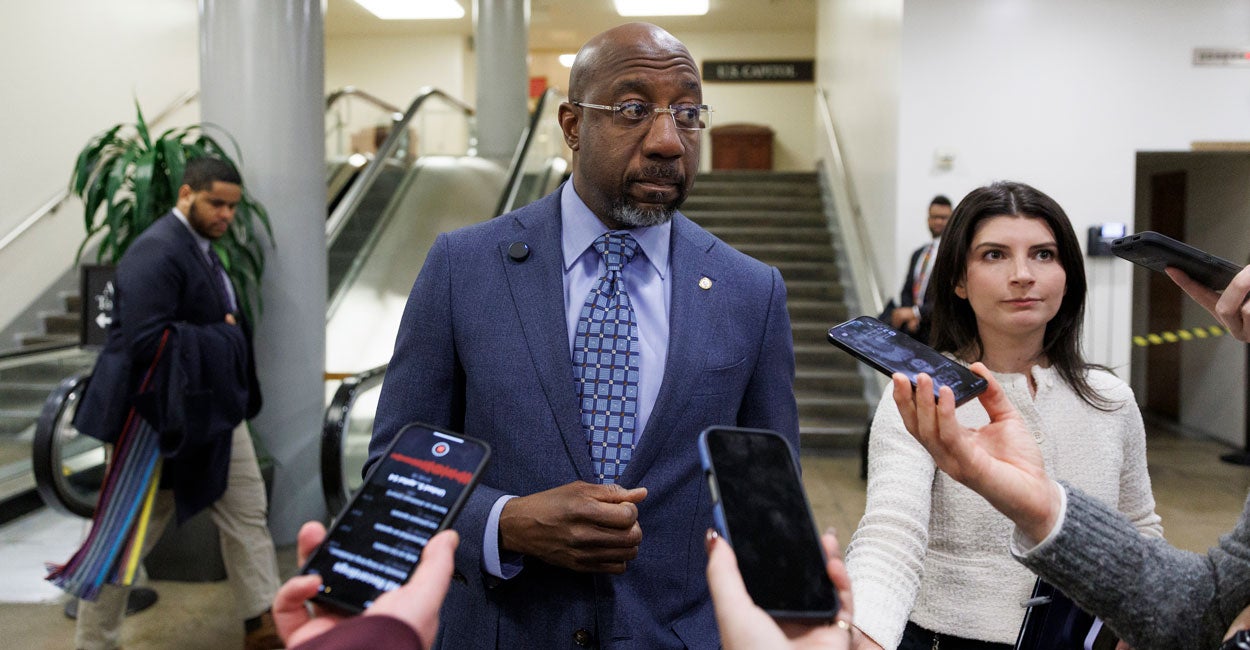Reform or Fade: Trump and Tokayev Show the UN Its Future
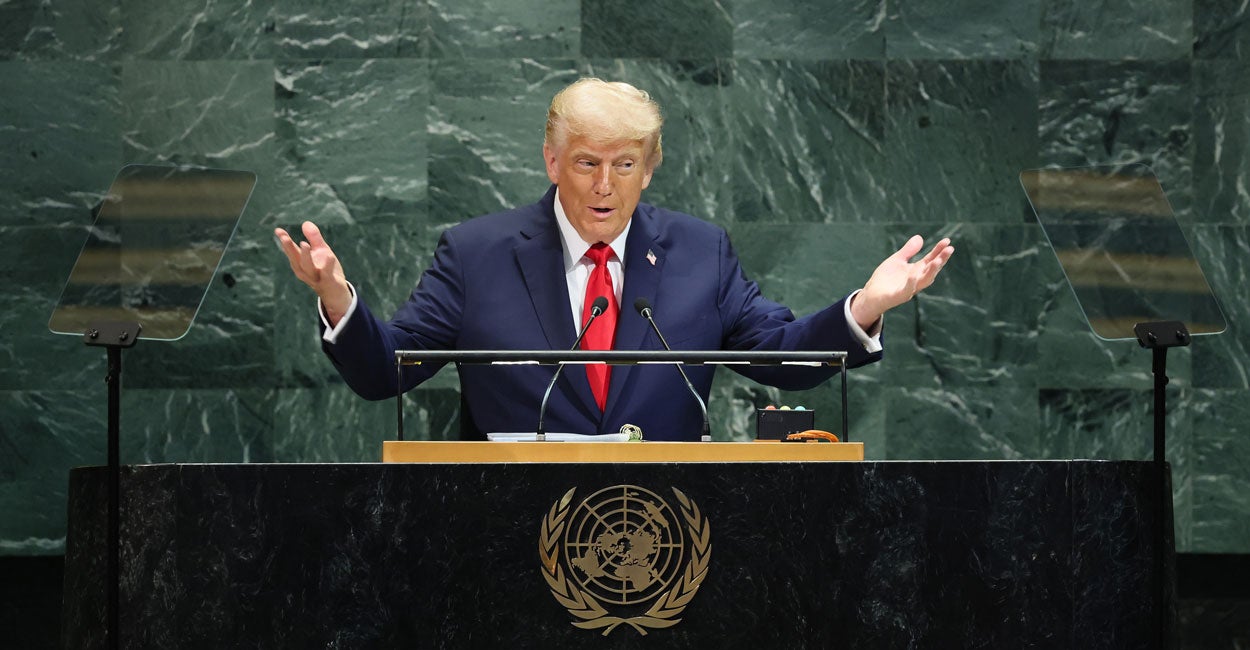
The United Nations General Assembly has long been a stage for lofty speeches and predictable platitudes. But the 80th session in New York was different. This year, the mood was not celebratory. Speaker after speaker admitted what has been obvious for years: The U.N. is failing. It cannot prevent wars, resolve crises, or even inspire confidence in its own machinery.
Live Your Best Retirement
Fun • Funds • Fitness • Freedom
Into this troubled scene walked Donald Trump. The U.S. president carried the same message that defined his earlier encounters with multilateral institutions: Outcomes matter more than rituals. His remarks echoed his “America First” philosophy—the belief that international cooperation should serve real people, not feed bloated bureaucracies. “Judge the U.N. by results, not ceremonies,” he argued, a line that found far more sympathy in the hall than many diplomats would admit publicly.
On his way to the speech, Trump experienced a mechanical mishap with a U.N. escalator that jolted to a stop, and then his teleprompter failed.
Trump seized on the metaphor. “These are the two things I got from the United Nations: a bad escalator and a bad teleprompter,” he quipped. While jokingly, the message was serious. If you cannot manage the basics, how can you be trusted with the existential?
Trump was not the only one with these concerns. Later that morning Kassym-Jomart Tokayev, the President of Kazakhstan, endorsed Trump’s critique. Tokayev is no populist outsider. He is a career diplomat and a former Under-Secretary-General who ran the U.N. Office at Geneva. As an insider, his verdict was damning.
Tokayev called the incident “an outrageous and dangerous” failure and reflected a “deep depression” at the U.N.; sharply critiquing a culture of negligence and drift, and proof that the organization requires “total reform.”
What makes the Tokayev—Trump convergence even more notable is the context. Kazakhstan is in Central Asia, sandwiched between Russia and China, and faces significant regional pressure from these two powers. Yet, Kazakhstan has stood by the U.S. and the West in supporting Ukraine, is pro-trade, and looks for broader engagement with the U.S. In fact, just a day before the U.N. meeting, the U.S. and Kazakhstan signed a $4.2 billion deal for heavy locomotives for the Kazak railways supplied by Wabtec, a Pennsylvania-based manufacturer. Commerce Secretary Howard Lutnick called it “the largest locomotive deal in history.”
Trump has friends and allies around the world who want to collaborate with the U.S. in enhancing their economies by stimulating trade, as well as work together to reform international institutions and make a meaningful impact on the world.Tokayev and Trump are not alone. Reform ideas have been circulating for decades. Independent experts warn that unless the U.N. adapts, it risks “managed irrelevance.” But what makes this moment different is that Trump’s common sense and Tokayev’s insider critique converge on the same conclusion: The U.N. must reform to serve the common good, or the public will stop believing in it altogether.
In practice, that test is simple. Can the U.N. stop wars faster? Can it enforce peace agreements that last? Can it spend less time staging conferences and more time preventing crises? For too long, the answer has been no. The war in Syria dragged on while vetoes piled up. Conflicts in Africa and the Middle East festered while the Security Council bickered. And now, even the machinery of the U.N. headquarters itself seems to sputter.
But do the cosseted elites at U.N. Plaza even recognize that they are failing? Let’s hope some self-reflection is possible. As Trump chided when recounting their failure in renovating their very headquarters—snubbing his bid, paying multiples more and receiving much less: “[They] did not even get the marble floors that I had promised them. You walk on terrazzo. Do you notice that?”
Coming from two countries half a world apart, Trump’s direct critique and Tokayev’s diplomatic prose may sound different, but they both mark the same reality: Legitimacy flows from competence. Reform is not charity. It is a necessity.
We publish a variety of perspectives. Nothing written here is to be construed as representing the views of The Daily Signal.
The post Reform or Fade: Trump and Tokayev Show the UN Its Future appeared first on The Daily Signal.
Originally Published at Daily Wire, Daily Signal, or The Blaze
What's Your Reaction?
 Like
0
Like
0
 Dislike
0
Dislike
0
 Love
0
Love
0
 Funny
0
Funny
0
 Angry
0
Angry
0
 Sad
0
Sad
0
 Wow
0
Wow
0
